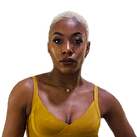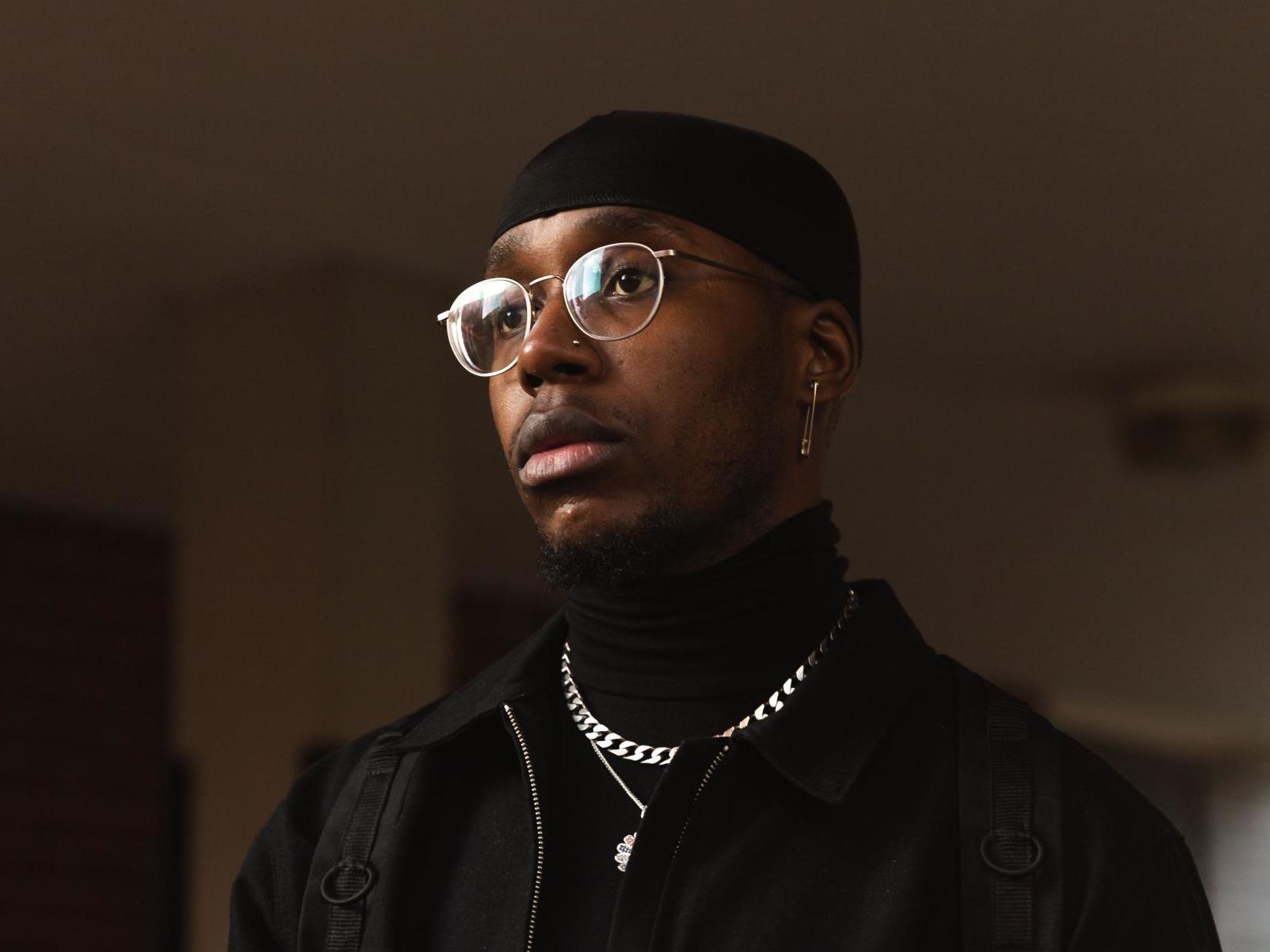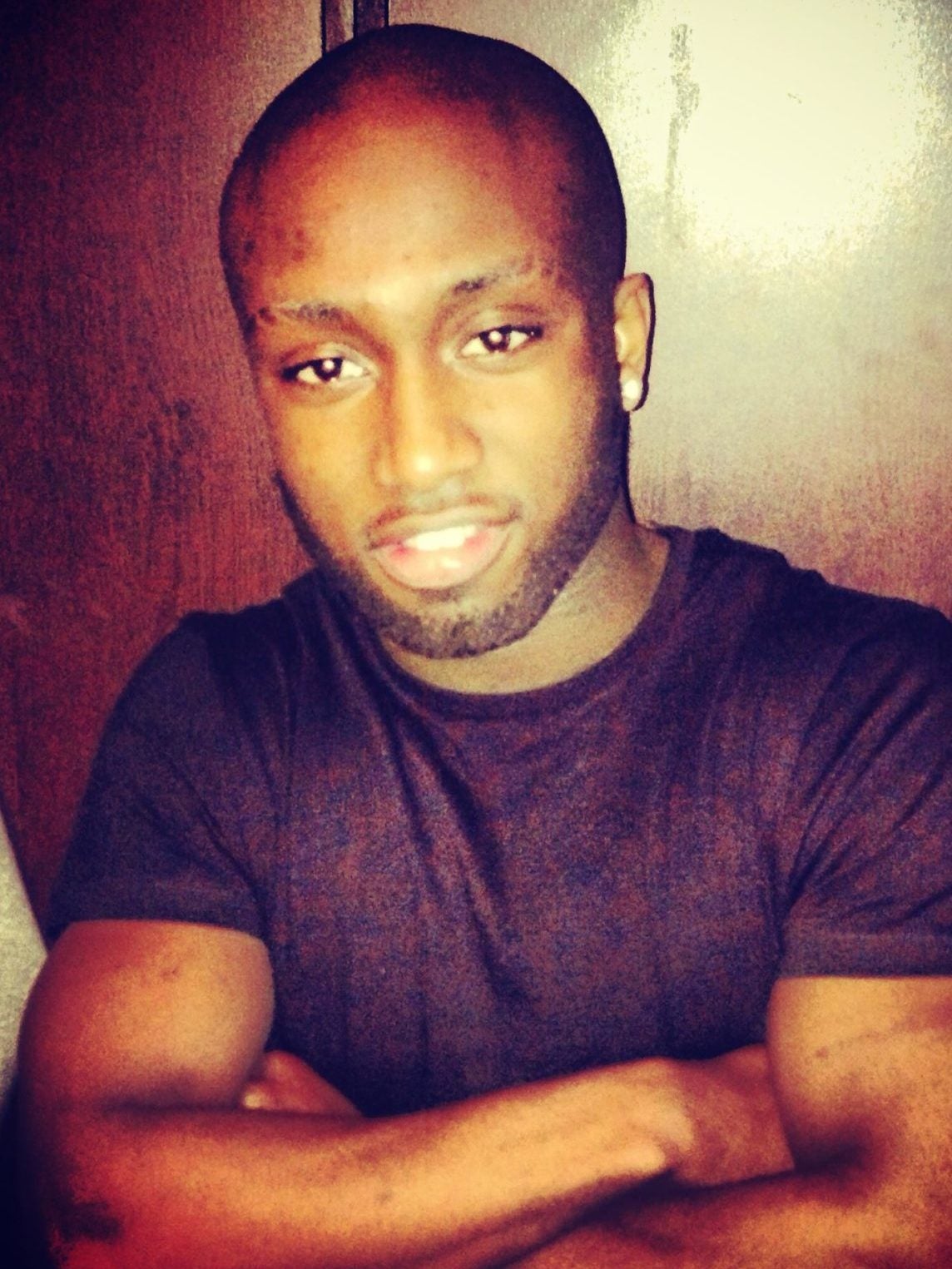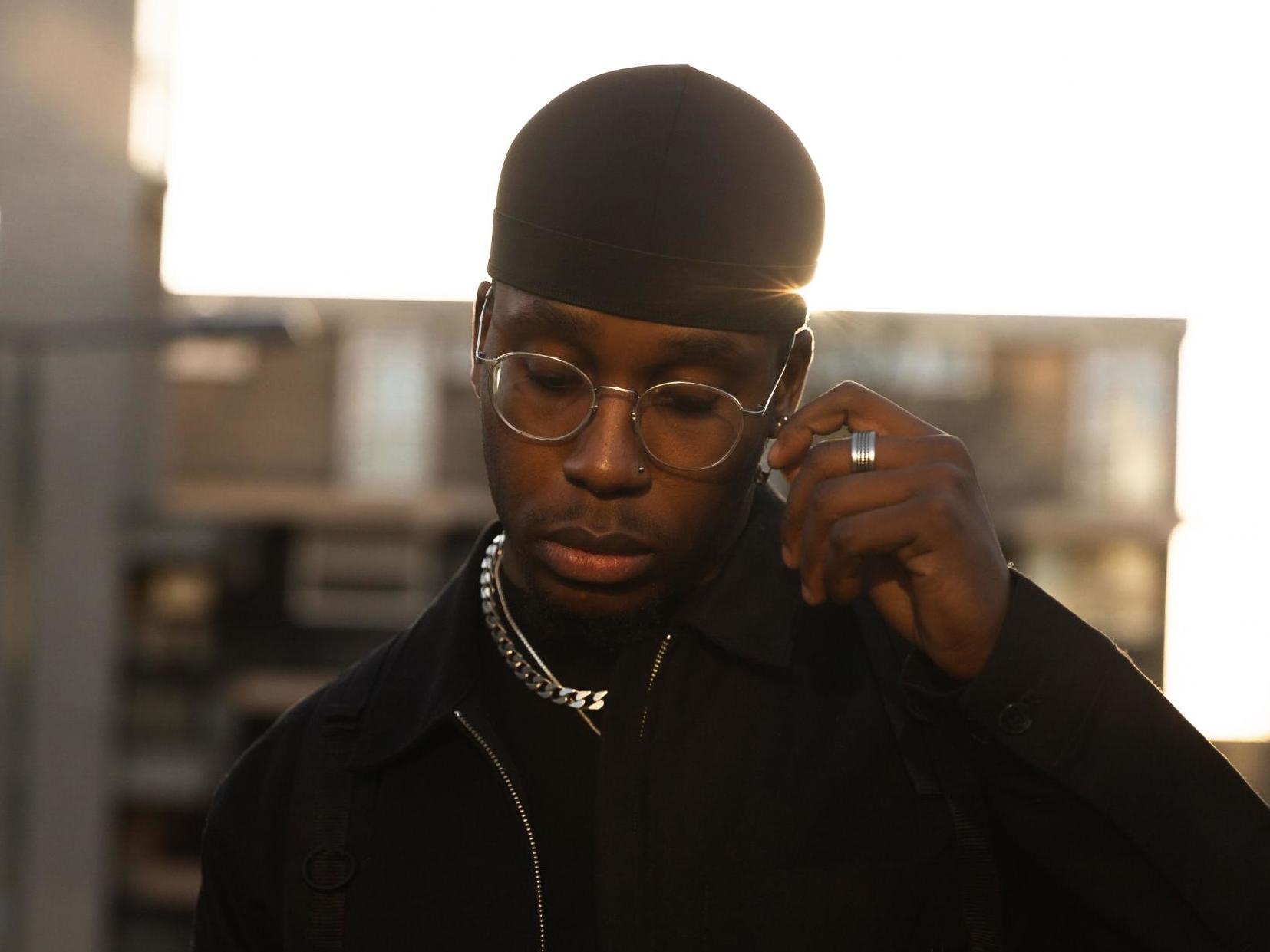‘People are dying who shouldn’t be dying’: Meet Che Lingo, the London rapper confronting the UK’s police brutality
His song ‘My Block’, written after his friend Julian Cole’s life was ruined by four officers, has become an unofficial anthem of London’s Black Lives Matter protests. It’s time for justice, he tells Chanté Joseph


At one of the recent Black Lives Matter protests in London, amid the chants of “no justice, no peace”, a video emerged of a large huddle of protesters blasting out a song by southwest London rapper Che Lingo. The track was called “My Block”, its lyrics a powerful takedown of police brutality in the UK. Several protesters also wore T-shirts bearing one of its lyrics, “black don’t mean illegal”. It was never Lingo’s intention for “My Block” to become the soundtrack for one of the biggest global social movements of this decade but, given the drive behind the protests, the song was fitting.
“To see videos of people playing ‘My Block’ at the protests is such an indescribable feeling,” he had tweeted. Lingo had lost his grandmother to Covid-19 in April but when he saw his song at the protest, he knew he had to join the marches himself. He does, after all, share his alias with a famous revolutionary. “I didn’t even care about the pandemic, these protests were important,” he says now, speaking over the phone. “I knew I had to go and walk with my people. We’re protesting because people are dying who shouldn’t be dying.”
Che Lingo, whose real name he keeps secret, goes by the rather playful moniker of the “Wizard of Wandsworth”, where he is from. But his music has a serious message. Since he broke through in 2017, his sound has woven together genres like R&B, grime and west coast hip-hop, matched with easy flows and a lyrical dexterity that reveals new layers the more you listen. His songs explore themes such as colourism, self-doubt, social media, millennial romance and clout chasing – in not so many words, being two-faced – as on the track “Same Energy”, which was selected for the Top Boy soundtrack last year. They speak directly to his lived experiences with a wisdom and emotional intelligence that belies his 28 years of age. It’s no wonder Idris Elba signed him to his label, 7Wallace, earlier this year.
But it’s “My Block” that has really connected. It was written about his friend, Julian Cole, a then 19-year-old sports science student and semi-professional footballer who was left paralysed and brain damaged after being forcefully pinned down by police outside a nightclub in Bedford. Rather than being rushed straight to a hospital when he was visibly hurt, Cole was taken to a police station. Only after they noticed he was unresponsive in the van was an ambulance called. The issue became even more prominent when it was revealed that three of the officers involved gave fabricated testimonies of the night to make it seem as if Julian was able to stand and communicate. Out of the four police officers involved, three were dismissed and one was given a warning. The story is a chilling reminder of the ways that police brutality still goes unchecked in the UK today – though a petition calling for justice has had over 300,000 signatures.
“His legal team have been doing everything they can for the past seven years but the family has seen no compensation and the police officers involved haven’t seen any criminal convictions,” Lingo tells me frustratedly. Cole’s family are still seeking justice for what happened, though the Black Lives Matter movement has renewed interest in Cole’s case. When “My Block” was originally released in February, it drew attention to a fundraiser for Cole launched shortly after; it’s now surpassed its target. Lingo and Cole had known each other from the age of 16, when they worked together in a trainer shop in west London, and Lingo was devastated by what had happened. “There are a lot of people in both the UK and US that we want justice for, including Julian and Sarah [Reed],” says Lingo. “These are individual incidences that contribute to a wider issue of systematic racism.”
As protesters swarmed the streets in central London to demonstrate their dissatisfaction with this country’s racism over the past few weeks, political commentators and journalists kept suggesting that the UK did not have a race problem on a par with the US. On the BBC’s Newsnight, Emily Maitlis told George the Poet, “Our police aren’t armed, they don’t have guns, the legacy of slavery is not the same,” to which he responded by detailing the several acts of police violence, brutality and deaths in custody in the UK, including Julian Cole’s case.

Here, black people have always had a fraught history with the police due to the disproportionate amount of force used against them and the constant harassment and surveillance. Black people are 40 times more likely to be stopped and searched by the police than their white counterparts. On the topic of what the police need to do moving forward, however, Lingo says he isn’t here to offer the solutions. His music speaks about his lived experience and throughout our conversation he stresses that his music is not “intentionally political” but is “coming from a place of emotion”.
“I might not be the one to make change but I might be the one who inspires someone else to make a change,” he says.
Lingo was born in south London and had an initially turbulent upbringing that gives him a considered and reflective take on life. “I wasn’t raised by my mum and dad because they were both involved in crime,” he states matter-of-factly. “My mum had me at 17 and my dad was abusive so she left him. I was raised in and out of hostels.” His grandmother took him in when he was two years old, “so my mum could sort herself out”, he continues. “I literally come from the most stereotypical type of broken home there is. She knew how to raise me, though – and definitely wasn't absent. There is a difference between raising and facilitating,” he shares, meaning that due to the lack of security his mother could give him, growing up in her care would not have been possible at the time.
Enjoy unlimited access to 100 million ad-free songs and podcasts with Amazon Music
Sign up now for a 30-day free trial. Terms apply.
ADVERTISEMENT. If you sign up to this service we will earn commission. This revenue helps to fund journalism across The Independent.
Enjoy unlimited access to 100 million ad-free songs and podcasts with Amazon Music
Sign up now for a 30-day free trial. Terms apply.
ADVERTISEMENT. If you sign up to this service we will earn commission. This revenue helps to fund journalism across The Independent.
Growing up with his Jamaican grandmother has definitely shaped the person he is and the music he makes today. “The sound of my childhood is very distinctive, it was reggae, grime and R&B,” he says of the music he’d hear around the house and his own tastes. “If you combine those rebellious genres, you can see the links with the music that I make.” Speaking of rebellious, Lingo’s songs swing from soulful electro R&B on tracks like “Circles” to heavy bassy rap songs like “Zuko”; they’re not faithful to one particular style. Being an independent artist in the early years of his career meant he could jump from genre to genre without feeling restricted by the narrow lanes artists often feel like they must subscribe to.

While Lingo’s songs can be politically charged, they are also disarmingly soft. I first heard of him when he released “Black Girl Magic” in 2017, a love song dedicated to black women of all shades. This was the first time I ever really felt seen or admired by a black British male artist. This was during a time when colourism and anti-blackness were rife online and Lingo’s song felt like the beginning of a new and more positive conversation. Lingo is confident in his masculinity and actively divests from the toxicity that may come with being a confident male artist. As a result, he knows how to write songs about and for women that don’t feel wildly inappropriate or out of touch.
“My lyrics come from being a product of my environment,” he says. “I was raised by all women and technically, as an only child, as my gran didn’t raise my siblings. A lot of the time I was left to my own devices and to my own thoughts, so I’ve never found it hard to jump inside myself and be vulnerable.” He says that because there was “virtually no man in my life playing the role of a male parent, I had to make up what that looked like. I never really subscribed to the stereotypical idea of a man so it was easier for me to be sensitive.”
Now Idris Elba has come knocking, there’s a lot of anticipation about what’s next for Lingo – namely, his album The Worst Generation, which is set for release this winter. “This album is going to tackle a lot of the issues and grievances we face in different ways,” says Lingo. “I want to be a mouthpiece for a generation.” If the galvanising power of “My Block” is anything to go by, he can make anything happen.
‘My Block’ is out now on 7Wallace
Join our commenting forum
Join thought-provoking conversations, follow other Independent readers and see their replies
Comments
Bookmark popover
Removed from bookmarks